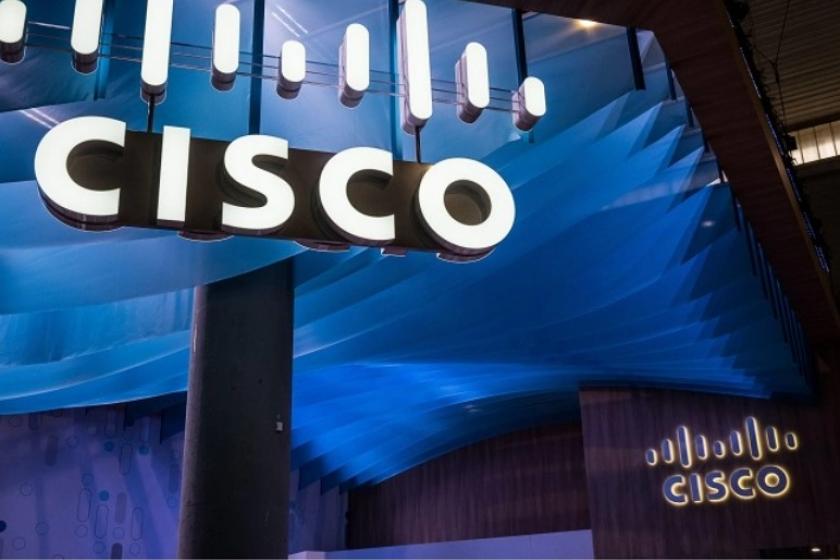Cisco Will Buy Splunk for $28B in Huge AI Cybersecurity Play
The companies will combine efforts to offer more software solutions aimed at AI cybersecurity.
September 21, 2023

Cisco on Thursday announced the acquisition of cybersecurity software company Splunk for $28 billion -- the network equipment giant’s largest ever deal -- as the company hopes to cash in on the artificial intelligence boom and carve out more software and cloud business.
The massive buy plan is the latest in a slate of recent acquisitions that has the company reducing its focus on its main networking equipment business that has been stymied in recent years by supply chain woes and the rise of off-premises cloud adoption. Just this year, Cisco acquired four companies, including threat detection platform Armorblox, identity management firm Oort, and cloud security firms Valtix and Lightspin.
“From threat detection and response to threat prediction and prevention, we will help make organizations of all sizes more secure and resilient,” Cisco’s chair and CEO Chuck Robbins said in a statement. The acquisition is expected to close in the third quarter of 2024 and Cisco will pay $157 per share for Splunk.
The company will finance the purchase with a combination of cash and debt, the company said. “Together, we will become one of the largest software companies globally,” he told analysts on a conference call. If the company backs out of the deal, it will be forced to pay Splunk a termination fee of $1.48 billion, according to a Securities and Exchange Commission (SEC) filing.
Gregg Siegfried, VP analyst with research firm Gartner, tells InformationWeek that the pending purchase fulfills a rumored deal. “They had definitely been looking at Splunk for a while,” he says. “They can certainly both benefit. Cisco has suffered with its software business and Splunk has the expertise delivering software. They are seeing that the world is really becoming more software-driven, so it certainly makes sense from a business perspective to start generating more revenue for software.”
Read the rest of the article on InformationWeek.
About the Author(s)
How to Amplify DevOps with DevSecOps
May 22, 2024Generative AI: Use Cases and Risks in 2024
May 29, 2024Smart Service Management
June 4, 2024

